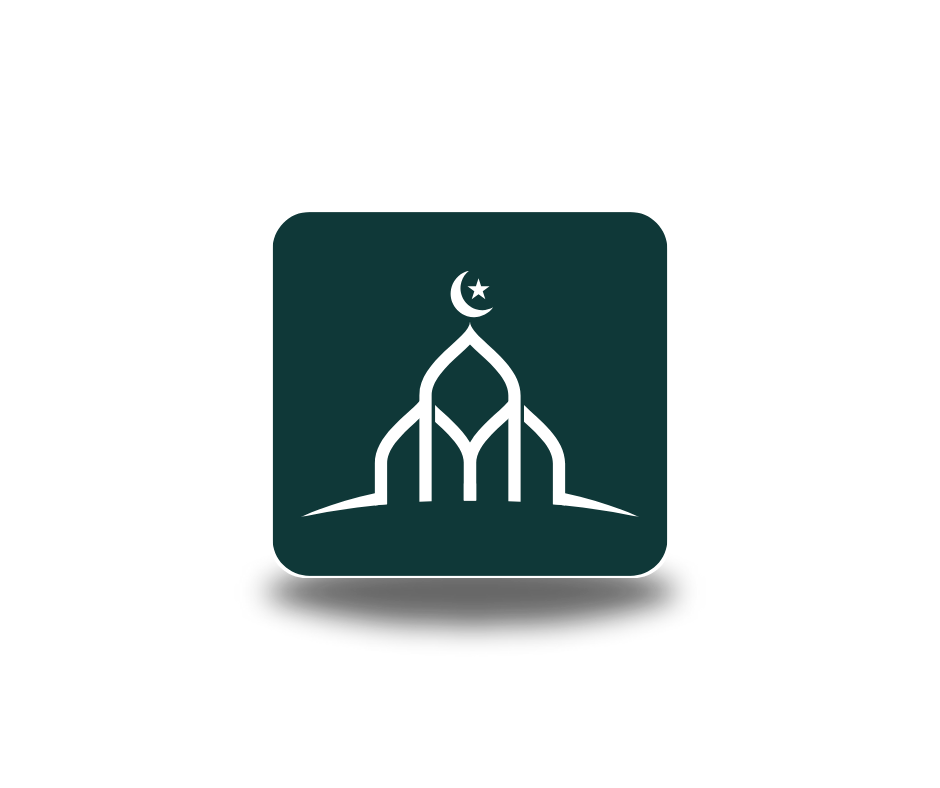The Importance of Eid ul-Adha
Eid ul-Adha, also known as the "Festival of Sacrifice," is one of the most significant Islamic holidays celebrated by Muslims worldwide. This festival, which commemorates the willingness of Prophet Ibrahim (Abraham) to sacrifice his son Ismail (Ishmael) as an act of obedience to Allah, is a time of reflection, sacrifice, and charity. With Eid ul-Adha approaching in about a month, it is essential to understand its history, significance, and the values it instills in the Muslim community.
Historical Background
The story of Eid ul-Adha dates back to the time of Prophet Ibrahim. According to Islamic tradition, Allah commanded Ibrahim in a dream to sacrifice his beloved son, Ismail. Despite the immense emotional burden, Ibrahim prepared to comply with Allah's command, demonstrating unwavering faith and obedience. As Ibrahim was about to carry out the sacrifice, Allah intervened and provided a ram to be sacrificed instead. This act of devotion is commemorated annually by Muslims through the ritual sacrifice of an animal, such as a sheep, goat, cow, or camel.
Significance of Eid ul-Adha
Demonstration of Faith and Obedience: Eid ul-Adha serves as a powerful reminder of the importance of faith and obedience to Allah. The willingness of Prophet Ibrahim to sacrifice his son exemplifies the ultimate submission to God's will. Muslims are reminded to cultivate a similar level of trust and surrender in their own lives.
Spirit of Sacrifice: The festival emphasizes the concept of sacrifice, not only in the literal sense but also in the broader context of giving up personal desires and comforts for the greater good. This principle is a cornerstone of Islamic teachings and is reflected in the willingness of Muslims to share their blessings with others.
Charity and Generosity: Eid ul-Adha is a time for Muslims to engage in acts of charity and generosity. The meat from the sacrificed animal is distributed among family, friends, and the less fortunate. This act of sharing ensures that everyone, regardless of their socio-economic status, can partake in the festivities and experience the joy of Eid.
Community and Unity: The festival fosters a sense of community and unity among Muslims. It is a time when families and friends come together to pray, share meals, and celebrate. The communal prayers, which are an integral part of Eid ul-Adha, reinforce the bonds of brotherhood and sisterhood within the Muslim ummah (community).
Reflection and Gratitude: Eid ul-Adha provides an opportunity for Muslims to reflect on their blessings and express gratitude to Allah. It encourages selflessness and humility, reminding believers of the transient nature of worldly possessions and the importance of spiritual fulfillment.
Conclusion
Eid ul-Adha is more than just a festival; it is a profound expression of faith, sacrifice, charity, and unity. As we prepare for this significant occasion, let us embrace the values it embodies and strive to incorporate them into our daily lives. Understanding the importance of Eid ul-Adha allows us to appreciate its spiritual depth and enhances our connection to our faith and community. May this upcoming Eid bring peace, joy, and prosperity to all.

